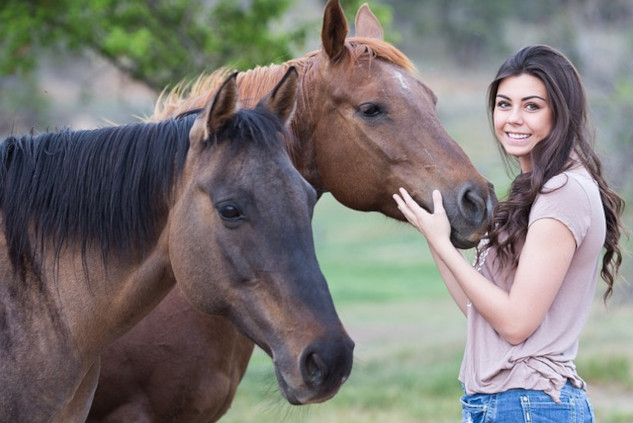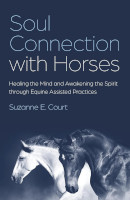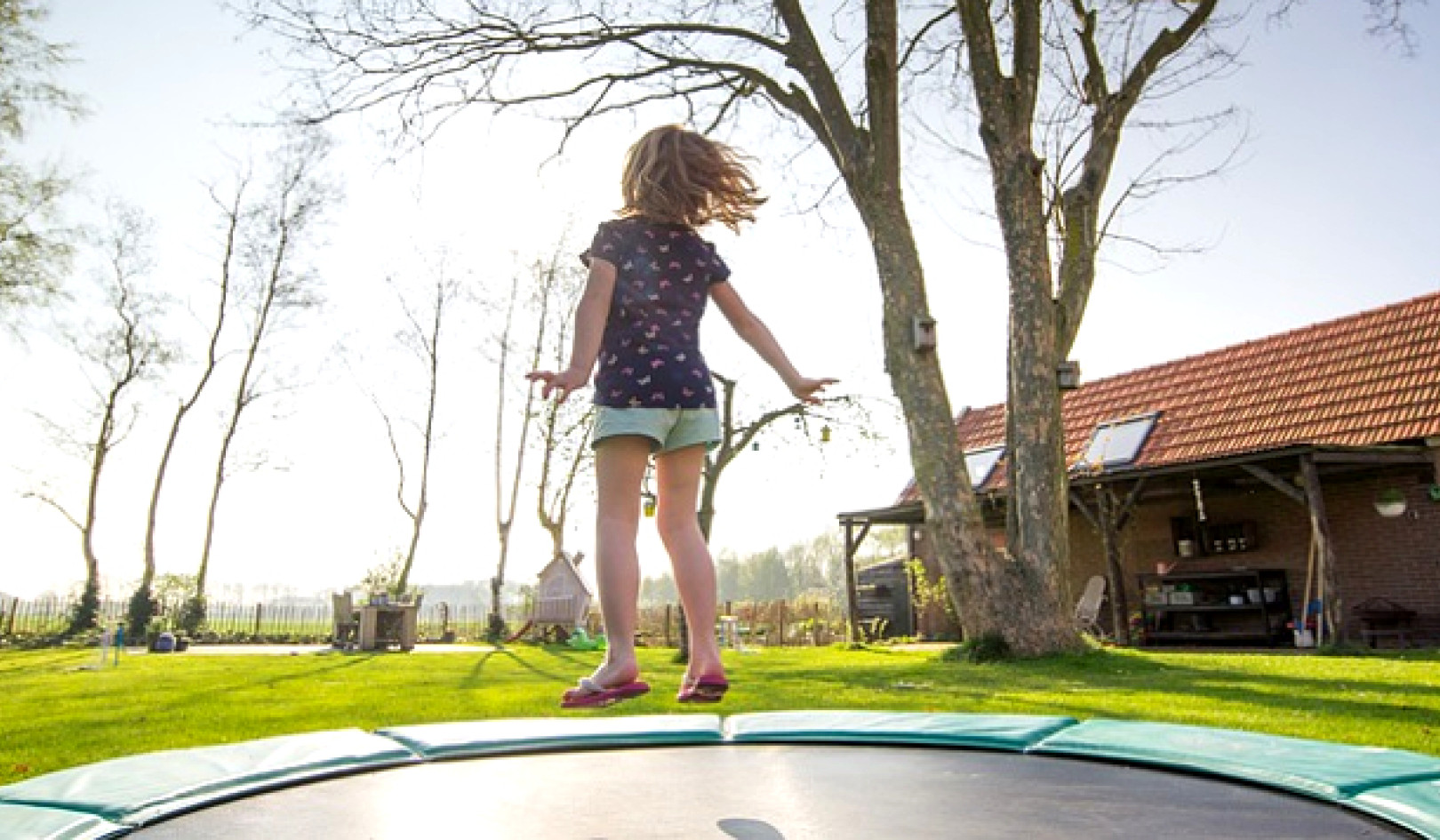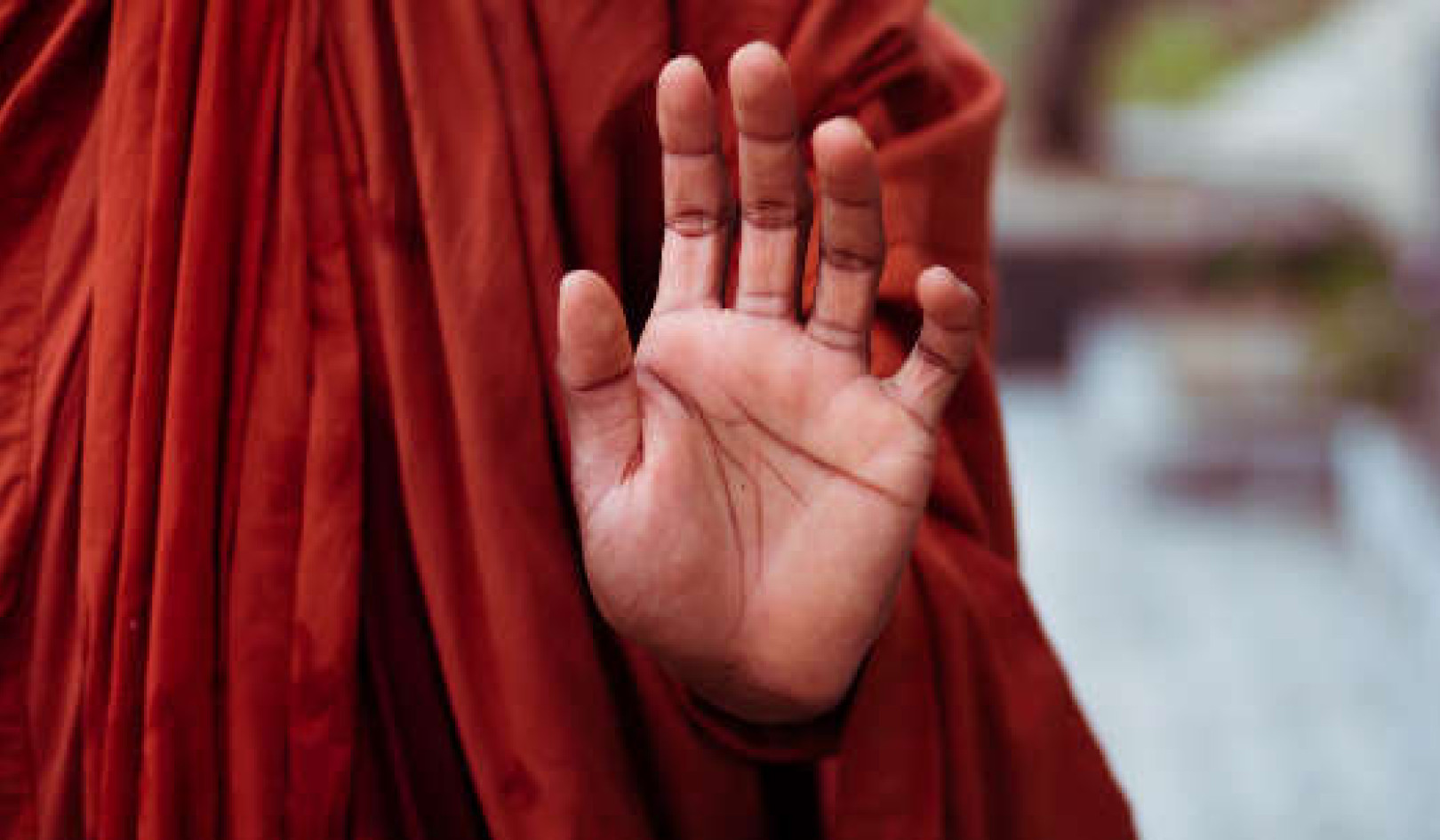
Image from Pixabay
In this Article:
- How horses teach us about self-awareness and emotional honesty.
- How do horses mirror our emotions, acting as spiritual teachers?
- Can connecting with horses enhance our self-discovery journey?
- Why do horses respond to our authentic selves rather than surface emotions?
What Horses Can Teach Us About Life
by Suzanne E. Court.
Some truths simply cannot be demonstrated. But if we open our hearts to other creatures and allow ourselves to sympathize with their joys and struggles, we will find they have the power to touch and transform us. There is an inwardness in other creatures that awakens what is innermost in ourselves. ~ Gary Kowalski
All animals can teach us on a spiritual level, as can any aspect of nature. Sitting on the banks of a river and watching the water flow by teaches us patience and perseverance through modelling the power of letting go and allowing life to flow. Looking at a flower teaches us that nature employs and values design and color in aid of the perpetuation of other species. Dogs teach us about loyalty, affection and how to have fun with simple things.
Job of the Bible knew these things about three millennia ago when he is reported to have said:
“Ask the animals, and they will teach you, or the birds in the sky, and they will tell you, or speak to the earth, and it will teach you, or let the fish in the sea inform you.”
As regards animals, to derive great benefit from their company we need do very little other than have an attitude of openness. It is well known scientifically, for instance, that being with animals (especially pets) increases our dopamine, serotonin and oxytocin levels.
* Dopamine supplies the sense of pleasure we feel when we have achieved something;
* Serotonin is the neurotransmitter that makes us feel focused, calm and happy; and
* Oxytocin, known as the love hormone, is especially present in the development of bonds with our babies.
Animals also have been found to bring cardiovascular and behavioral benefits to people who perceive their pets as important and supportive aspects of their lives.
While the therapeutic value of relationships between humans and their cats and dogs are well documented, information on the benefits of therapy in the presence of horses is mostly anecdotal; that seems to be gradually changing as scientific attention is increasingly directed towards the effects of Equine Assisted Therapy on humans.
Horses Are Self-Aware
Horses are very clear about their likes and dislikes, comfort and discomfort, and are secure in the interpretation of their reality. They don’t doubt themselves and they don’t suffer from lack of self-esteem; indeed, the concept of self-esteem would be entirely foreign to them.
There are quite a few emotionally messed up horses around of course, and you might know of some, but they are the result of thoughtless human intervention. One kind of messed up horse is one who has been weaned too early with no chance for his dam to teach him all the things he needs to know about being a horse.
Similarly, a horse who has lived without the company of others for a good stretch of time (especially in their first five years) is likely not to have formed meaningful attachments with other horses. All sorts of neurotic behaviors result from such needless neglect (just as it does for young humans).
Horses as Good Role Models and Teachers
A characteristic of horses I have noticed over the decades, which I attribute to their being such good role models and teachers, is that they expect us to be like them. When they notice a significant difference between us and them, they let us know through their subtle reactions. This is not so weird when you consider that humans do the same.
We expect other people to hold views and values that reflect our own, and we actively seek out people who are likely to agree with us. We choose to spend time with friends, partners and family who reflect much the same values and beliefs as our own. When we meet someone significantly different we can feel threatened, but we love it when we meet someone who echoes all that we hold dear.
Horses are no different in this respect. They appreciate us when we share their concerns for the things they value. They invite us to view the world through their eyes and they expect us to be on the same plane as them, much as humans expect (or at least wish) of each other. Known as confirmation bias, this is common to most species, since being surrounded by similar interpretations of the phenomenological world provides a mutual sense of safety.
Naturally, horses and humans have different attitudes and reactions from each other, but it is the horses’ honest reactions to our differences that provides fodder for learning. Their expectation for us to behave as they do provides the cutting edge of equine therapy and learning.
A simple example of this is when a horse detects a person’s emotional state while he or she pretends to be in another. When these situations occur we can read the horse’s reactions (often very subtle), and learn something about ourselves.
Horses and Our Emotions
I recall in my early days of having horses during a period when I had a stressful full-time job that if I’d had a fraught meeting before going out to my horse in the evening he would very smartly let me know that my state of mind was not to his liking. So often he let me know about stresses I was carrying, of which I had been largely unaware.
One obvious difference in how human and horse species experience the world is that horses’ thoughts are not rendered into words, whereas ours mostly are. As far as we can tell, horses mentally conjure up images but they are not so good at logical thinking or planning. However, this does not mean that they are unintelligent. Their brains are perfectly suited to their needs and physiology, but for us to understand them it is advantageous to put ourselves in their hooves (so to speak) and find out as much as possible about their habits, personalities and characteristics.
We need to know who we are dealing with, but equally, when we are with horses we need to know who we are through awareness of our own thoughts, attitudes and feelings. When we experience an emotion but pretend that we are feeling some other way, for instance appearing confident when we are afraid, it can be quite disturbing to a horse. They are uncomfortable with incongruence and tend to respond, not to the person on the surface but to the authentic person inside that they know by reading physiological cues. Through their reactions to our incongruence, horses hold up an exacting emotional mirror.
Copyright ©2024. All Rights Reserved.
Article Source:
BOOK: Soul Connection with Horses
Soul Connection with Horses: Healing the Mind and Awakening the Spirit through Equine Assisted Practices
by Suzanne E. Court.
About the Author
Article Recap:
This article explores the role of horses as spiritual teachers, revealing how their presence helps humans discover deeper self-awareness and emotional authenticity. Horses are attuned to subtle cues and respond to our true emotions, making them powerful mirrors for our inner states. The article also discusses the therapeutic benefits of horse-assisted therapy, explaining how horses guide us in connecting with our authentic selves and promote healing and growth through their intuitive nature.




 Suzanne Court, PhD, is a qualified equine assisted therapist and mental health practitioner with over 30 years' horse experience and ten years’ experience working professionally with horses in the mental healing and spiritual space. She teaches group and individual courses and gives lectures on Equine Assisted Therapy. She comes from a musical and academic background, having been a performing classical guitarist and a professor of music. She has published widely in historical musicology, and this book is her first regarding horses. She lives in Waikato, New Zealand.
Suzanne Court, PhD, is a qualified equine assisted therapist and mental health practitioner with over 30 years' horse experience and ten years’ experience working professionally with horses in the mental healing and spiritual space. She teaches group and individual courses and gives lectures on Equine Assisted Therapy. She comes from a musical and academic background, having been a performing classical guitarist and a professor of music. She has published widely in historical musicology, and this book is her first regarding horses. She lives in Waikato, New Zealand.























